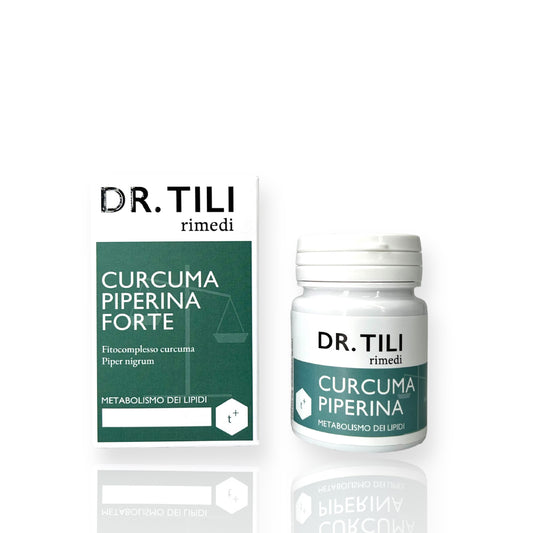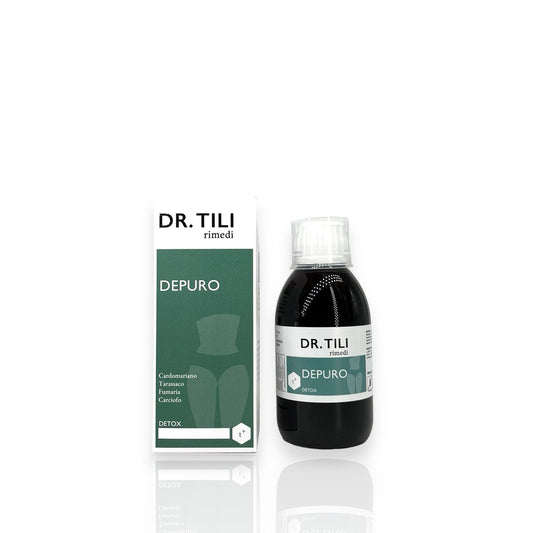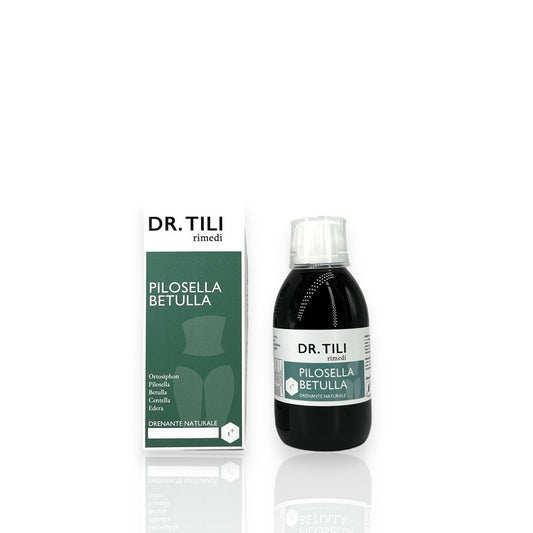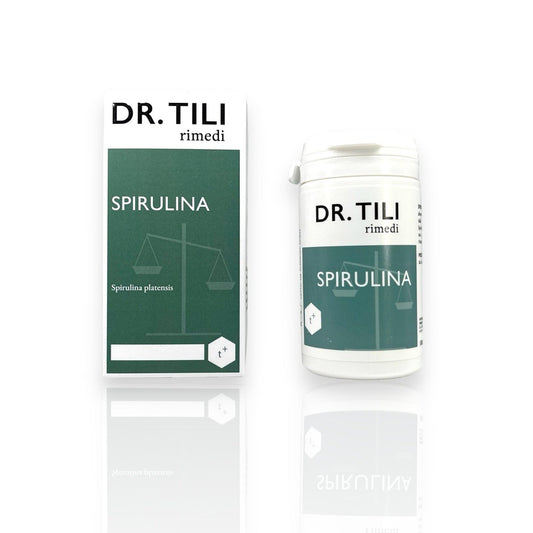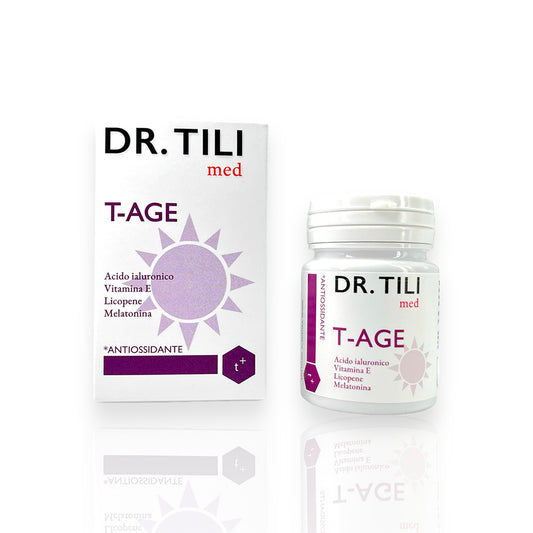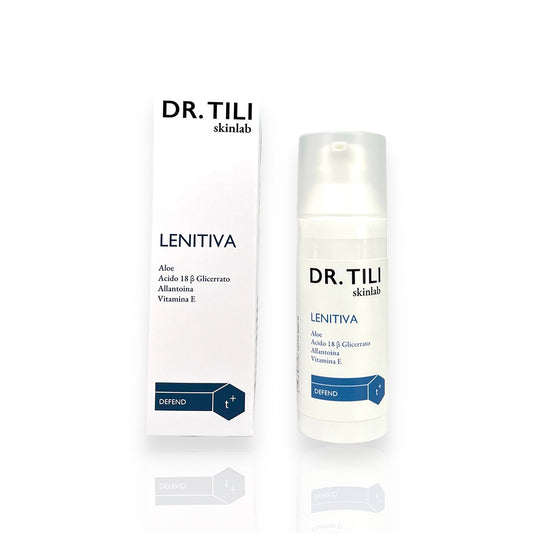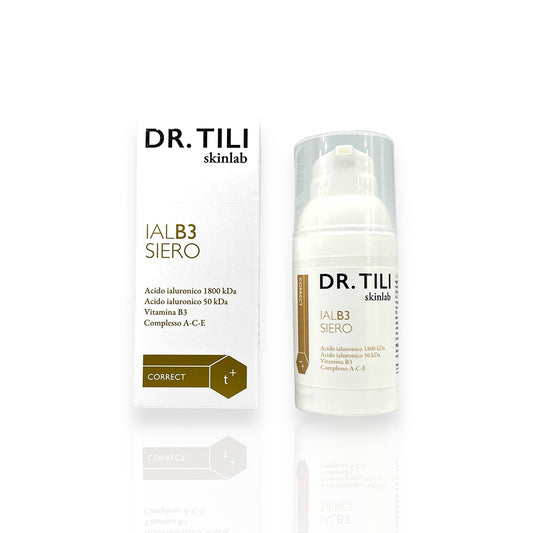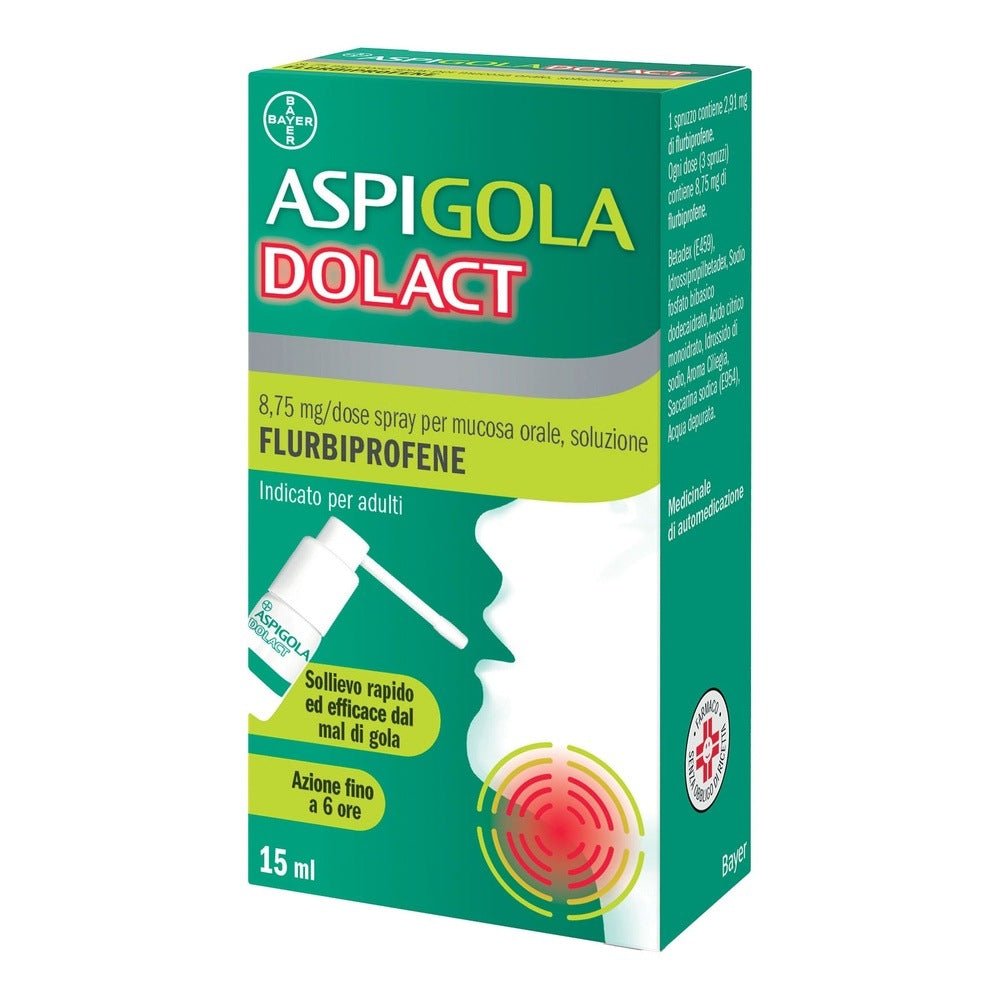BAYER SpA
Aspi Gola Dolact 8.75mg/dose oral mucosa spray 15ml
Aspi Gola Dolact 8.75mg/dose oral mucosa spray 15ml

Pickup available at Farmacia Tili
Usually ready in 24 hours
PRODUCT NET WEIGHT
PRODUCT NET WEIGHT
EAN
EAN
046444016
MINSAN
MINSAN
046444016
Aspigoladolact 8.75mg/dose oral mucosa spray 15ml is a medicine indicated for the short-term symptomatic treatment of acute pain in sore throat in adults. Each spray contains 2.91 mg of flurbiprofen , an active ingredient belonging to the class of NSAIDs (Non-Steroidal Anti-Inflammatory Drugs), known for its anti-inflammatory and analgesic properties. The spray formulation allows for targeted application to the oral mucosa, ensuring rapid pain relief. Aspigoladolact is particularly useful for relieving the symptoms of sore throat thanks to its direct and localized action. With a dosage of 8.75 mg of flurbiprofen per dose, this spray is designed to offer effective pain relief, improving patient comfort and well-being. The practical 15 ml pack is ideal for convenient and discreet use.
ACTIVE INGREDIENTS
Active ingredients contained in Aspigoladolact 8.75mg/dose oral mucosa spray 15ml - What is the active ingredient of Aspi Gola Dolact 8.75mg/dose oral mucosa spray 15ml?
One actuation contains 2.91 mg flurbiprofen. 3 actuations are equivalent to one dose, which contains 8.75 mg flurbiprofen, corresponding to 17.16 mg/ml flurbiprofen. Excipients with known effect: ethanol: 0.22 mg/dose. For the full list of excipients, see section 6.1.
EXCIPIENTS
Composition of Aspigoladolact 8.75mg/dose oral mucosa spray 15ml - What does Aspi Gola Dolact 8.75mg/dose oral mucosa spray 15ml contain?
Betadex (E459), Hydroxypropylbetadex, Sodium phosphate dibasic dodecahydrate, Citric acid monohydrate, Sodium hydroxide, Cherry flavour, Sodium saccharin (E954), Purified water. Qualitative composition of Cherry flavour : Flavouring substances, Flavouring preparation, Ethyl alcohol, Glyceryl triacetate (E1518), Propylene glycol (E1520), Ascorbic acid (E300), Di-alpha tocopherol (E307), Water.
DIRECTIONS
Therapeutic indications Aspigoladolact 8.75mg/dose oral mucosa spray 15ml - Why is Aspi Gola Dolact 8.75mg/dose oral mucosa spray 15ml used? What is it used for?
Aspigoladolact is indicated for the short-term symptomatic treatment of acute pain in sore throat in adults.
CONTRAINDICATIONS SIDE EFFECTS
Contraindications Aspigoladolact 8.75mg/dose oral mucosa spray 15ml - When should Aspi Gola Dolact 8.75mg/dose oral mucosa spray 15ml not be used?
- Hypersensitivity to the active substance or to any of the excipients listed in section 6.1. - Patients who have previously shown hypersensitivity reactions (e.g. asthma, bronchospasm, rhinitis, angioedema or urticaria) in response to acetylsalicylic acid or other NSAIDs. - Patients with active or previous recurrent peptic ulcers/haemorrhages (two or more distinct episodes of proven ulceration) and intestinal ulcer. - Patients with a history of gastrointestinal bleeding or perforation, severe colitis, haemorrhagic or haematopoietic disorders related to previous NSAID therapy. - Severe heart failure, renal failure or hepatic failure (see section 4.4). - Last trimester of pregnancy (see section 4.6). - Children and adolescents under 18 years of age.
DOSAGE
Quantity and method of taking Aspigoladolact 8.75mg/dose oral mucosa spray 15ml - How do you take Aspi Gola Dolact 8.75mg/dose oral mucosa spray 15ml?
Dosage Adults aged 18 years and over: One dose (3 sprays) directed at the affected part of the throat every 3-6 hours as needed, up to a maximum of 5 doses in a 24-hour period. Do not reduce the number of sprays per dose . This medicinal product should not be used for more than 3 days. Paediatric population The safety and efficacy of Aspigoladolact have not been established in children or adolescents under 18 years of age. Elderly patients A general dosage recommendation cannot be given, as clinical experience to date is limited. The elderly are at increased risk of serious consequences in case of adverse reactions. The lowest effective dose should be administered for the shortest duration necessary to control symptoms (see section 4.4). Method of administration Do not inhale during spraying. For administration on the buccal mucosa and for short-term treatment only. Before first use, it is necessary to operate the pump 4 times, pointing the dispenser away from your body, until a uniform and constant mist is released. The pump is then ready for use. Between one use and the next, dispense a minimum amount of product, away from your body, in order to ensure that the mist is uniform and constant. Before using the product, always ensure that the mist is uniform and constant.
CONSERVATION
Storage Aspigoladolact 8.75mg/dose oral mucosa spray 15ml - How is Aspi Gola Dolact 8.75mg/dose oral mucosa spray 15ml stored?
Do not refrigerate or freeze.
WARNINGS
Warnings Aspigoladolact 8.75mg/dose oral mucosa spray 15ml - About Aspi Gola Dolact 8.75mg/dose oral mucosa spray 15ml it is important to know that:
Undesirable effects may be minimised by using the lowest effective dose for the shortest duration necessary to control symptoms. Infections Since isolated cases of exacerbation of infection-related inflammation (e.g. development of necrotising fasciitis) have been reported in temporal association with systemic use of NSAIDs, patients are advised to seek immediate medical attention if signs of bacterial infection appear or worsen during flurbiprofen spray therapy. The indication for initiation of antibiotic therapy should be considered. In case of purulent bacterial pharyngitis/tonsillitis, the patient should consult a physician for reassessment of treatment. Treatment should not be administered for more than 3 days. Respiratory disorders Bronchospasm may be precipitated in patients with or a history of bronchial asthma or allergic disease. Flurbiprofen spray should be used with caution in these patients. Other NSAIDs The use of flurbiprofen spray should be avoided in conjunction with other NSAIDs, including cyclooxygenase-2 selective inhibitors (see section 4.5). Systemic lupus erythematosus (SLE) and mixed connective tissue disease Patients with systemic lupus erythematosus (SLE) and mixed connective tissue disease may be at increased risk of aseptic meningitis (see section 4.8), however this effect is not usually seen with products intended for short-term use such as flurbiprofen spray. Cardiovascular, renal and hepatic impairment NSAIDs have been reported to cause various forms of nephrotoxicity, including interstitial nephritis, nephrotic syndrome and renal failure. Administration of an NSAID may cause a dose-dependent reduction in prostaglandin formation and precipitate renal failure. Patients at highest risk of developing this reaction are those with impaired renal function, cardiac impairment, hepatic dysfunction, those on diuretic therapy and the elderly; this effect is not usually seen with products intended for short-term use such as flurbiprofen spray. Hepatic effects Mild to moderate hepatic dysfunction (see sections 4.3 and 4.8). Cardiovascular and cerebrovascular effects Caution is advised before initiating treatment in patients with a history of hypertension and/or heart failure (discuss with your doctor or pharmacist) as fluid retention, hypertension and oedema have been reported in association with NSAID treatment. Clinical trial and epidemiological data suggest that use of some NSAIDs (particularly at high doses and in long-term treatment) may be associated with a small increased risk of arterial thrombotic events (for example myocardial infarction or stroke). There are insufficient data to exclude such a risk with flurbiprofen when administered at a daily dosage of less than 5 doses (3 actuations for each dose). Central nervous system effects Analgesic-induced headache - Headache may occur with prolonged or inappropriate use of analgesics and should not be treated by increasing the dose of the medicinal product. Gastrointestinal disorders NSAIDs should be administered with caution in patients with a history of gastrointestinal disease (ulcerative colitis, Crohn's disease) as these conditions may be exacerbated (see section 4.8). Gastrointestinal bleeding, ulceration or perforation, which can be fatal, have been reported with all NSAIDs at any time during treatment, with or without warning symptoms or a history of serious gastrointestinal events. The risk of gastrointestinal bleeding, ulceration or perforation is higher with increasing doses of NSAIDs, in patients with a history of ulcer, particularly if complicated with haemorrhage or perforation (see section 4.3) and in the elderly; this effect is not usually seen with products intended for short-term use such as flurbiprofen spray. Patients with a history of gastrointestinal toxicity, particularly the elderly, should report any unusual abdominal symptoms (especially gastrointestinal bleeding) to their physician. Caution should be advised in patients receiving concomitant medications which could increase the risk of ulceration or bleeding, such as oral corticosteroids, anticoagulants such as warfarin, selective serotonin reuptake inhibitors or anti-platelet agents such as acetylsalicylic acid (see section 4.5). When gastrointestinal bleeding or ulceration occurs in patients receiving flurbiprofen, the treatment should be discontinued. Haematological effects Flurbiprofen, like other NSAIDs, may inhibit platelet aggregation and prolong bleeding time. Flurbiprofen spray should be used with caution in patients with potential bleeding abnormalities. Dermatological effects Serious skin reactions, some of them fatal, including exfoliative dermatitis, Stevens-Johnson syndrome and toxic epidermal necrolysis have been reported very rarely in association with the use of NSAIDs (see section 4.8). Flurbiprofen spray should be discontinued at the first appearance of skin rash, mucosal lesions or any other sign of hypersensitivity. This medicinal product contains less than 1 mmol sodium (23 mg) per dose (3 sprays), i.e. essentially 'sodium-free'. This medicinal product contains 0.22 mg ethanol per dose (3 sprays), which is equivalent to 0.044% (w/v). The amount in the dose of this medicine is equivalent to less than 0.9 ml of beer or 0.4 ml of wine. Treatment should be reassessed if symptoms worsen or new symptoms appear. If mouth irritation develops, flurbiprofen treatment should be discontinued. Elderly population The elderly have an increased frequency of adverse reactions to NSAIDs, especially gastrointestinal bleeding and perforation, which may be fatal.
INTERACTIONS
Interactions Aspigoladolact 8.75mg/dose oral mucosa spray 15ml - Which medicines or foods can modify the effect of Aspi Gola Dolact 8.75mg/dose oral mucosa spray 15ml?
| Flurbiprofen should be avoided in association with: | |||
| Other NSAIDs including selective cyclooxygenase-2 inhibitors | Avoid concomitant use of two or more NSAIDs, as this may increase the risk of adverse effects (especially gastrointestinal adverse events such as ulcers and bleeding) (see section 4.4). | ||
| Acetylsalicylic acid (low doses) | Unless low-dose aspirin (not exceeding 75 mg/day) has been recommended by your doctor, as the potential risk of adverse events may increase (see section 4.4). | ||
| Flurbiprofen should be used with caution in association with: | Anticoagulants | NSAIDs may enhance the effects of anticoagulants such as warfarin (see section 4.4). | |
| Antiplatelet agents: | There is an increased risk of gastrointestinal ulceration or bleeding (see section 4.4). | ||
| Antihypertensive drugs (Diuretics, ACE inhibitors, Angiotensin II antagonists) | NSAIDs may reduce the effect of diuretics. Other antihypertensive drugs may enhance nephrotoxicity caused by cyclooxygenase inhibition, especially in patients with impaired renal function. | ||
| Cardiac glycosides | NSAIDs may exacerbate heart failure, reduce GFR (glomerular filtration rate) and increase plasma glycoside levels, therefore adequate monitoring and, if necessary, dose adjustment is recommended. | ||
| Cyclosporine | There is an increased risk of nephrotoxicity. | ||
| Corticosteroids | There is an increased risk of gastrointestinal ulceration or bleeding (see section 4.4). | ||
| Lithium | There may be an increase in serum lithium levels - adequate monitoring and, if necessary, dose adjustment is recommended. | ||
| Methotrexate | Administration of NSAIDs within 24 hours before or after methotrexate administration may lead to elevated methotrexate concentrations and an increase in its toxic effects. | ||
| Mifepristone | NSAIDs should not be used for 8 - 12 days following mifepristone administration, as they may reduce the effect of mifepristone. | ||
| Oral antidiabetics | Alterations in blood glucose levels have been reported (it is recommended to increase the frequency of checks). | ||
| Phenytoin | Serum levels of phenytoin may increase, therefore adequate monitoring and, if necessary, dose adjustment is recommended. | ||
| Potassium-sparing diuretics | Concomitant use may cause hyperkalemia. | ||
| Probenecid and Sulfinpyrazone | Medicines containing probenecid and sulfinpyrazone may delay the excretion of flurbiprofen. | ||
| Quinolone antibiotics | Animal data indicate that NSAIDs may increase the risk of convulsions associated with quinolone antibiotics. Patients taking NSAIDs and quinolones may be at increased risk of developing convulsions. | ||
| Selective serotonin reuptake inhibitors (SSRIs) | There is an increased risk of gastrointestinal ulceration or bleeding (see section 4.4). | ||
| Tacrolimus | There is a potential for an increased risk of nephrotoxicity when NSAIDs are administered with tacrolimus. | ||
| Zidovudine | There is an increased risk of haematological toxicity when NSAIDs are administered with zidovudine. | ||
| Alcohol | May increase the risk of adverse reactions, especially bleeding in the gastrointestinal tract. |
No studies have yet detected any interaction between flurbiprofen and tolbutamide or antacids. Paediatric population No additional information is available.
SIDE EFFECTS
Like all medicines, Aspigoladolact 8.75mg/dose oral mucosa spray 15ml can cause side effects - What are the side effects of Aspi Gola Dolact 8.75mg/dose oral mucosa spray 15ml?
Hypersensitivity reactions to NSAIDs have been reported and may consist of: (a) non-specific allergic reactions and anaphylaxis; (b) respiratory tract reactivity, e.g. asthma, aggravated asthma, bronchospasm, dyspnoea; (c) various skin reactions, e.g. pruritus, urticaria, angioedema and, more rarely, exfoliative and bullous dermatoses (including epidermal necrolysis and erythema multiforme). Oedema, hypertension and cardiac failure have been reported in association with NSAID treatment. Data are insufficient to exclude this risk following the use of flurbiprofen oromucosal spray, solution. The list of adverse effects reported below refers to those experienced with flurbiprofen, used short-term and at doses consistent with those reported in section 4.2. Very common (≥ 1/10); Common (≥ 1/100 to < 1/10); Uncommon (≥ 1/1,000 to <1/100); Rare (≥ 1/10,000 to <1/1,000); Very rare (<1/10,000); Not known (frequency cannot be estimated from the available data). Blood and lymphatic system disorders. Not known: anaemia, thrombocytopenia. Cardiovascular and cerebrovascular disorders. Not known: oedema, hypertension, cardiac failure. Nervous system disorders. Common: dizziness, headache, paraesthesia. Uncommon: somnolence. Respiratory, thoracic and mediastinal disorders. Common: throat irritation; Uncommon: exacerbation of asthma and bronchospasm, dyspnoea, wheezing, oropharyngeal blistering, pharyngeal hypoaesthesia. Gastrointestinal disorders. Common: diarrhoea, mouth ulceration, nausea, oral pain, oral paraesthesia, oropharyngeal pain, oral discomfort (sensation of heat or burning, tingling of the mouth); Uncommon: abdominal distension, abdominal pain, constipation, dry mouth, dyspepsia, flatulence, glossodynia, dysgeusia, oral dysaesthesia, vomiting. Skin and subcutaneous tissue disorders. Uncommon: rashes of various types, pruritus; Not known: severe skin reactions such as bullous reactions, including Stevens-Johnson syndrome and toxic epidermal necrolysis. General disorders and administration site conditions. Uncommon: pyrexia, pain. Immune system disorders. Rare: anaphylactic reaction. Psychiatric disorders. Uncommon: insomnia. Hepatobiliary disorders. Not known: hepatitis Reporting of suspected adverse reactions Reporting suspected adverse reactions that occur after authorisation of the medicinal product is important. It allows continued monitoring of the benefit/risk balance of the medicinal product. Healthcare professionals are asked to report any suspected adverse reactions via the national reporting system at: https://www.aifa.gov.it/content/segnalazioni-reazioni-avverse.
OVERDOSE
Overdose Aspigoladolact 8.75mg/dose oral mucosa spray 15ml - What are the risks of Aspi Gola Dolact 8.75mg/dose oral mucosa spray 15ml in case of overdose?
Symptoms The majority of patients who have ingested clinically important quantities of NSAIDs will develop nausea, vomiting, epigastric pain, or more rarely diarrhea. Tinnitus, headache, and gastrointestinal bleeding are also possible. In more severe cases of NSAID intoxication, central nervous system toxicity is observed, manifested by drowsiness, occasionally excitability, blurred vision, and disorientation or coma. Occasionally, patients develop convulsions. In severe NSAID intoxication, metabolic acidosis may occur and the prothrombin time/INR may be prolonged, probably due to interference with the action of circulating clotting factors. Acute renal failure and liver damage may occur. Exacerbation of asthma may occur in asthmatics. Treatment Treatment should be symptomatic and supportive and should include maintaining a patent airway and monitoring cardiac function and vital signs until stabilization. Oral administration of activated charcoal or gastric lavage and, if necessary, correction of serum electrolytes should be considered if the patient presents within 1 hour of ingestion of a potentially toxic amount. Seizures should be treated with intravenous diazepam or lorazepam if frequent or prolonged. Administer bronchodilators for asthma. There is no specific antidote for flurbiprofen.
PREGNANCY AND BREASTFEEDING
If you are pregnant or breast-feeding, think you may be pregnant or are planning to have a baby, ask your doctor for advice before taking Aspi Gola Dolact 8.75mg/dose oral mucosa spray 15ml
Pregnancy Inhibition of prostaglandin synthesis may adversely affect the pregnancy and/or the embryonic/foetal development. Data from epidemiological studies suggest an increased risk of miscarriage, cardiac malformations and gastroschisis following use of a prostaglandin synthesis inhibitor in early pregnancy. The absolute risk for cardiovascular malformations was increased from less than 1%, up to approximately 1.5%. The risk is believed to increase with dose and duration of therapy. In animals, administration of a prostaglandin synthesis inhibitor has been shown to result in increased pre- and post-implantation loss and embryo-foetal lethality. In addition, an increased incidence of various malformations, including cardiovascular, has been reported in animals given a prostaglandin synthesis inhibitor during the organogenetic period. Flurbiprofen should not be administered during the first and second trimester of pregnancy. During the third trimester of pregnancy, all prostaglandin synthesis inhibitors may expose: • the fetus to: - cardiopulmonary toxicity (with premature closure of the ductus arteriosus and pulmonary hypertension); - renal dysfunction which may progress to renal failure with oligohydramnios. • the mother and the neonate, at the end of pregnancy, to: - possible prolongation of bleeding time, an anti-aggregating effect which may occur even at very low doses. - inhibition of uterine contractions resulting in delayed or prolonged labor. Consequently, flurbiprofen is contraindicated during the third trimester of pregnancy (see section 4.3). Breast -feeding In a limited number of studies, flurbiprofen appears in breast milk at very low concentrations and is unlikely to have any adverse effects on the breast-fed infant. However, due to the possible adverse effects of NSAIDs on breast-fed infants, the use of flurbiprofen spray by nursing mothers is not recommended. Fertility There is evidence that cyclooxygenase/prostaglandin synthesis inhibitors may cause impairment of female fertility by an effect on ovulation. This is reversible upon discontinuation of treatment.
DRIVING AND USE OF MACHINERY
Taking Aspigoladolact 8.75mg/dose oral mucosa spray 15ml before driving or using machines - Does Aspi Gola Dolact 8.75mg/dose oral mucosa spray 15ml affect driving or using machines?
No studies on the ability to drive and use machines have been performed. Dizziness, drowsiness and visual disturbances are undesirable effects that may occur following the intake of NSAIDs. If these effects occur, patients should not drive or operate machinery.



